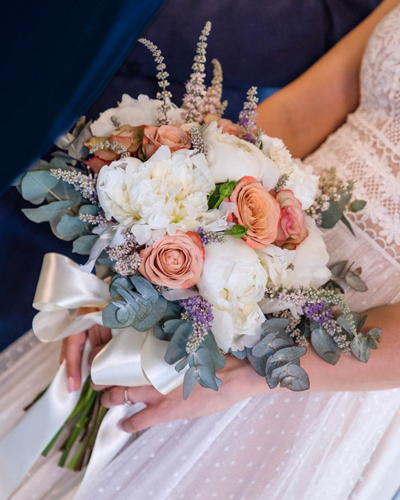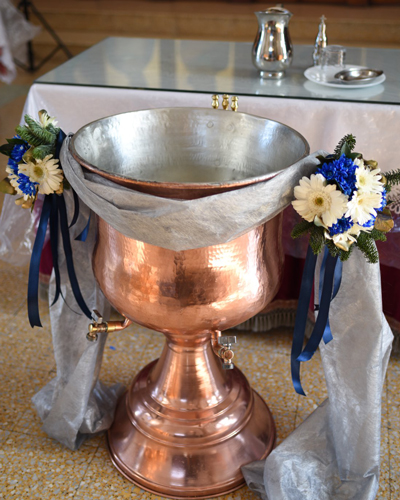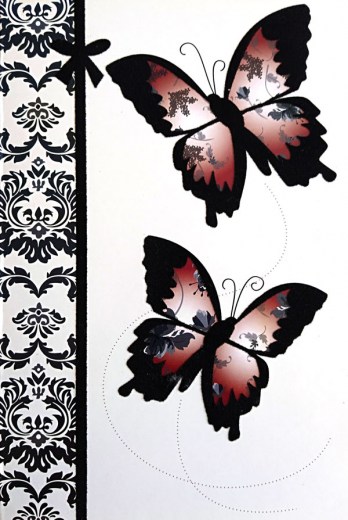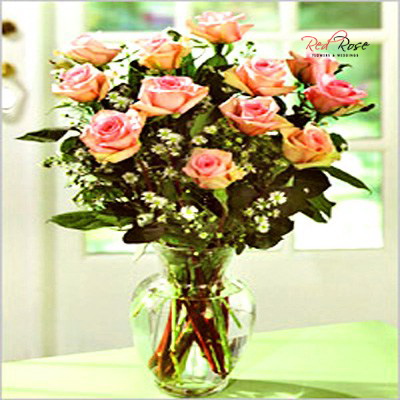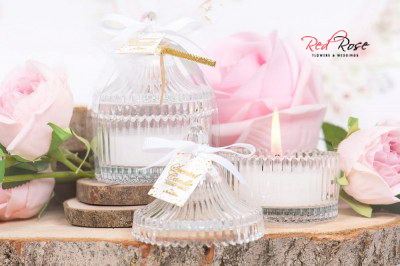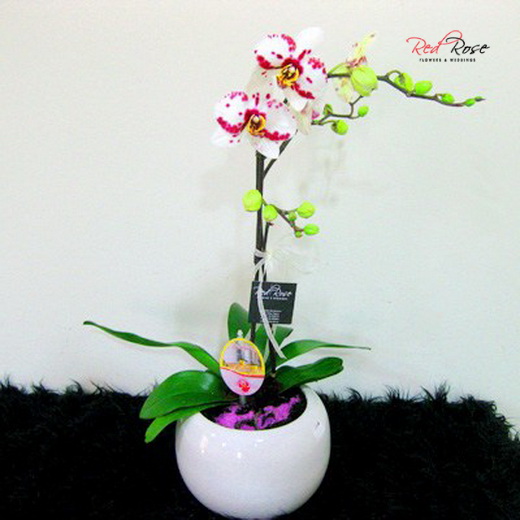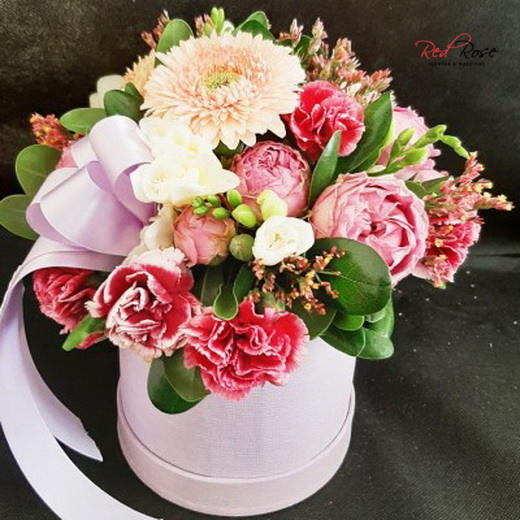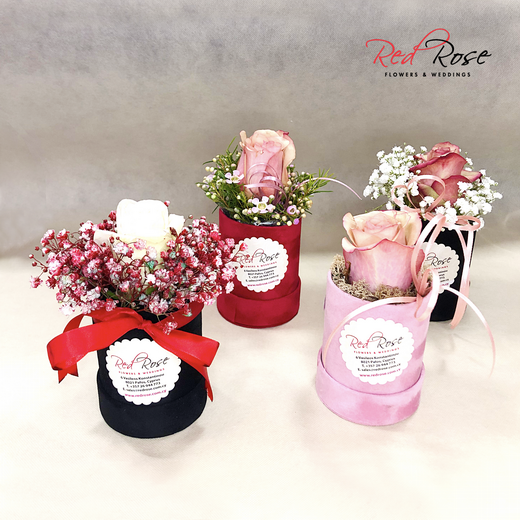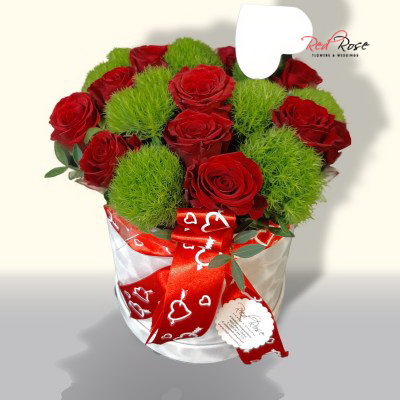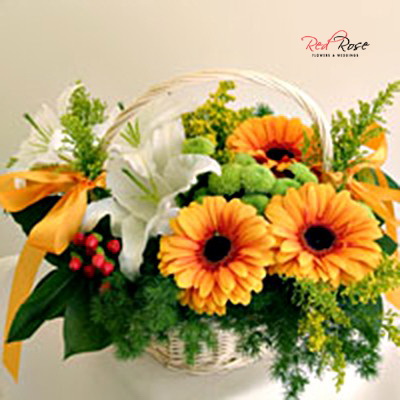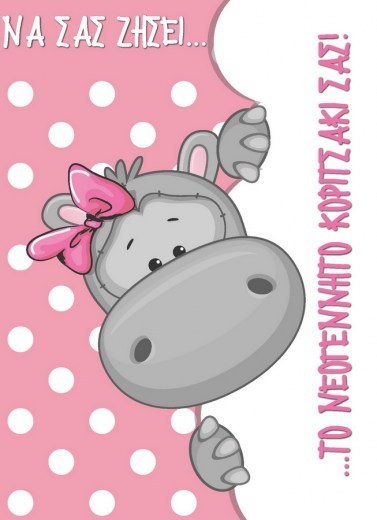Each one of us was baptized at some point in our life before we became Christians. Do we know why? What baptism means? How it impacts our life? Read on for our next segment in pastoral guidelines. Last month we began our series by discussing traditions and teachings about birth, naming, and 40-day churching. This month we’ll take a close look at Baptism and Chrismation. Baptism comes from the Greek word that means “to immerse (in water).” Baptism was practiced in antiquity for different purification rituals. The Israelites practiced this as evidence by John the Baptist ministry towards repentance and forgiveness of sins. All this changed dramatically when Christ came to be baptized by John in the Jordan River. On one hand we have the revelation of the Holy Trinity (Father as the voice from heaven, Holy Spirit descending as a dove, and Christ as the beloved Son). On the other hand, the meaning of baptism changes. When Jesus was baptized, He was in no need of cleansing because He was without sin. However, by Jesus’ divine nature He purified the waters of the Jordan and through them the whole creation.
In Orthodox Christian teaching, our baptism is not merely cleansing but it is a change in our human nature. We receive the new sanctified and holy human nature given by Christ. Even more so, we are
mystically united to Christ in both His death and Resurrection. Likewise, just as the Holy Spirit descended upon Christ when a person is Chrismated the Holy Spirit descends upon him/her too. The Holy Spirit bestows grace and power to live the new life in Jesus Christ. This divine grace is transmitted through the “myroma,” a specially mixed and blessed oil, and is administered by the priest immediately after baptism. Having received both of these Mysteries or Sacraments we become full members of the Body of Christ—the Church and are able to participate in the other sacramental mysteries, especially the Eucharist—Holy Communion.
Baptism and Chrismation are not magical one-time acts that set us for life. Rather, they are just the beginning of a new God-centered life that must be nurtured each day through prayer, each week through worship, and continual self-sacrifice of our egoistic needs through repentance and giving to others. Baptism and Chrismation are beautiful gifts that must be picked up and used every day of our lives. They must not be put on a shelf or hidden away for some future sentimental remembrance. Having these things in mind, let us look to the practical preparations necessary for baptism in the Orthodox Church:
Scheduling
The first thing is to set the date for baptism. This must be done through the priest at the church. Call to set an appointment with him at which time paperwork can be filled out and he can give you educational literature and guidance. Scheduling in advance is most helpful—at least one to two months ahead of time. For adults, a minimum one-year preparation through catechism is required. Please consult the priest for details. For infants, 3 through 9 months of age is ideal but any age is acceptable. Because of the sacred cycles of the church worship year, baptisms are prohibited during the following times: Christmas Day (December 25) through Theophany (January 6) inclusive; during Holy Week or any of the Great Feasts of the Lord. Baptisms are discouraged during fasting periods (Advent November 15 - December 25 and Great Lent, August 1-15).
Parents
Since Baptism and Chrismation are the entrance into the life of the Church, parents are expected to be regular participants in the sacramental/mysteries. This is an expression of the life, faith, and love of the Orthodox Christian for the Church. Parents are also expected to be actively supporting the Church by offering time, talents, and treasures. Participating in fulfilling an annual financial pledge to the parish is included in this active support. Parents must also be married in the Orthodox Church.
Godparent/Sponsor
Parents are responsible for selecting one mature and faithful member of the Orthodox Church as a sponsor (anadochos/nouna/nouno) for their child. This person must be at least 12 years of age and one who lives his/her Faith and will assist the candidate as he/she grows in the Orthodox Church. The sponsor must be an active member in good standing of his/her respective church. If a member of another church, must present a letter of good standing from home parish priest. If married, the sponsor must be married in an Orthodox service. A parent cannot sponsor their own child nor can Orthodox clergy be a sponsor. Parents are encouraged to look outside their blood relatives for a sponsor in order to expand the spiritual family within the church. Parents should consult with the priest for guidance in selecting an appropriate sponsor.
Naming
It is the prerogative of the parents, not the sponsor, to select one baptismal name for their child. The sponsor or grandparents may suggest some helpful ideas but the final decision is that of the parents. Strictly speaking, the name is given on the eighth day after birth, in the context of a special service celebrated with the priest in the presence of the parents and child. Choosing a Christian or Saint’s name is an established tradition. The priest can provide you with possible names from the saints’ list along with inspirational biographies. Please inform the priest of your choice before the baptism service. The use of two names for baptism is discouraged.
Clinical or Emergency Baptisms
If an unbaptized child or person is in grave danger of dying through illness or injury, the priest (and even a layperson if necessary) can perform a clinical or emergency baptism in the home or hospital. Please contact the priest in this case.
Items Needed at Service
The following items must be provided for the baptismal service.
| 1. Small blanket. | 6. Small bottle of olive oil. |
| 2. Large bath towel. | 7. Orthodox Cross with chain. |
| 3. Twin/single bed sheet. | 8. Undershirt. |
| 4. Two small hand towels. | 9. New clothes or dress. |
| 5. Bar of soap. | 10. Decorated candle, at least one, up to three. |
All items should be white, except for olive oil and cross. Traditionally, the godparent provides these items, but they can be supplied by other people.
Exceptions
Any exception to the above must be discussed with and approved by the priest and/or the diocesan bishop. For adults seeking to convert, special considerations apply. Please consult the priest.


